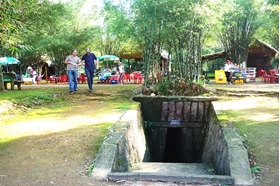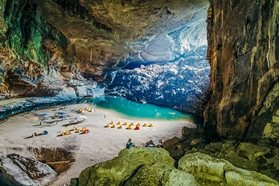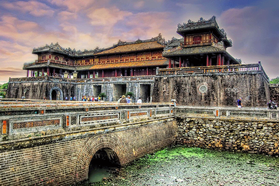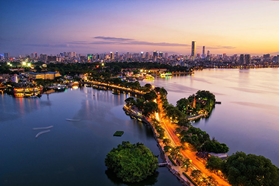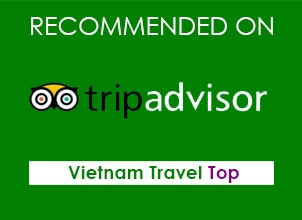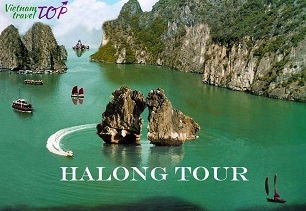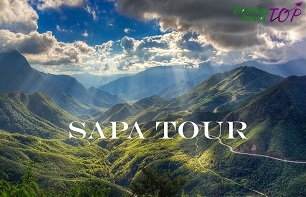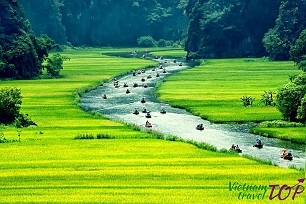Overview
Hue in Central Vietnam is the ancient capital of the Country during the time of the Nguyen Dynasty from the beginning of the 19th Century until the end of World War II. Emperor Bao Dai then abdicated and Ho Chi Minh's government took charge. Life got no easier and Hue fell to the Viet Cong who believed a number of people were sympathetic to the South leading to major reprisals. American forces recaptured it but unfortunately during the fighting much of the original city was destroyed. Our Hue travel guideintends to show why you should visit today.
How to get there
Phu Bai airport has daily flights with Ho Chi Minh City and Hanoi, but they are regularly disrupted by the weather during the rainy season. The alternative is Danang Airport two hours’ away.
There are regular trains linking Hue to Vietnam’s three major cities, Hanoi, Danang and Ho Chi Minh. There are sleeper facilities to Hanoi and Ho Chi Minh. The buses are good and regular and there is even a service to and from Laos.
Best time to visit
Hue's climate is not very good. The mountains to the south result in everything from mist to rain so an umbrella is very useful most of the time. Winters can also be a little cold, often with persistent rain though temperatures in summer rise to the high 30Cs. Summers are fairly dry but there can be heavy showers.
Things to see and do
This Hue travel guide has made a selection of a few of the highlights for those on Vietnam private tours.
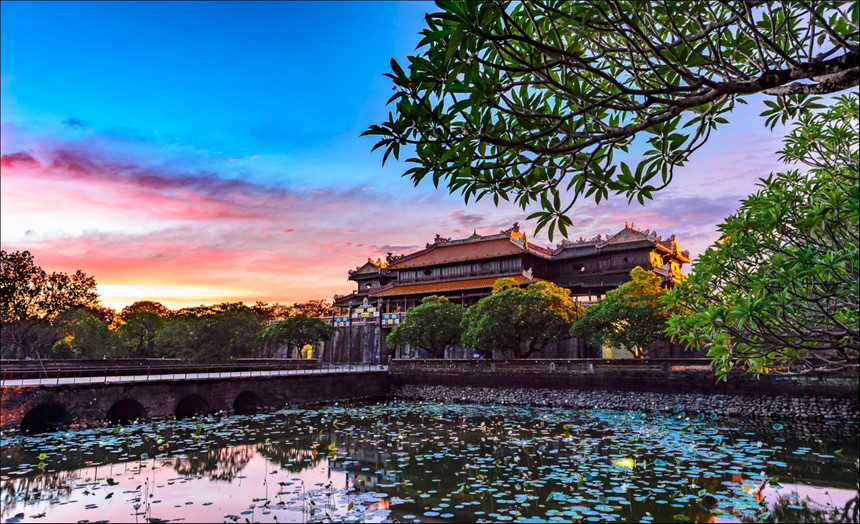
Imperial Citadel (Ðại Nội) is the major attraction in Hue. There are temples, pavilions, museums and galleries with plenty of exhibits chronicling Vietnam’s history. There has been a fair amount of damage over the years though there has been some restoration work done.
There is much to see in Hue for those interested in history and culture and here is just a selection of the things to consider if you are on holiday in Vietnam and visiting Hue.
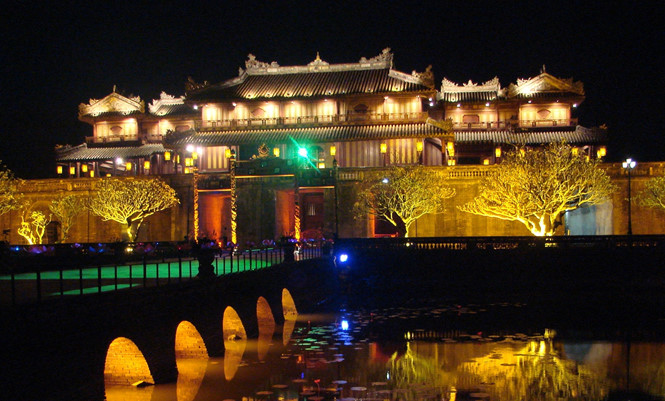
• The Ngo Mon Gate was built in 1833 and is the main entrance to the Imperial where the Emperor would address his officials and the people.
• Thai Hoa Palace is thehall, where the Emperor would receive foreign dignitaries.
• Truong Sanh Palace was the home of King Tu Duc’s mother.
• Forbidden Purple City behind Thai Hoa Palace was virtually destroyed in 1968.
The Emperors’ Tombs are along the Perfume River to the south of the city perhaps best seen from the river. They are from a time towards the end of the 19th Century and forward when the Emperors where really only figureheads during French colonial days. The best are the Tombs of Tu Duc, Minh Mang and Khai Dinh.
• Alba Thanh Tan Hot Springs has plenty of activities each intended to improve your health; spa therapies, massage and games including a Zipline.
• The imperial cuisine banquet is an experience and visitors may even get the chance to learn more and try their hand at dishes; soups, desserts, often pork as the main meat and shrimp.
• Thien Mu Pagoda on a bluff over the Perfume River has some fine gold and silver Buddha images.
• Phu Bai Airport has great significance for those interested in the Vietnam War.
• Thanh Toan Bridge is a wonderful wooden footbridge often frequented by locals.
• Thuan An Beach is 15 km out of town and a nice place to relax.
• Tam Giang Lagoon is one of the largest in Vietnam. It is up to 7 metres deep and a source of seafood, especially shrimps for the restaurant tables.
• Bach Ma National Park cover 220 square kilometres and is one of the wettest parts of Vietnam. Nevertheless it is home to plenty of species of birds, langur, gibbon and even the Asian elephant.
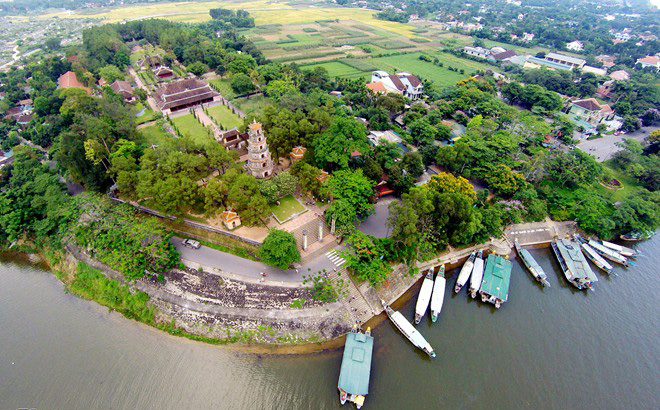
Accommodation
There is plenty of accommodation at all price levels. If you are using Vietnam travel packages, your tour company is likely to have made all your arrangements. However if not there are budget hostels, hotels ideal for Vietnam family tours as well as the height of luxury.
Travel tips
It is important to use your common sense of course but Hue like all of Vietnam is a fairly safe place. It is important to be polite because there is a chance of being approached by locals with some form of scam in mind; politely decline anything that sounds doubtful. Vietnam travel should be a pleasant experience that will leave you wanting to come back for more.





